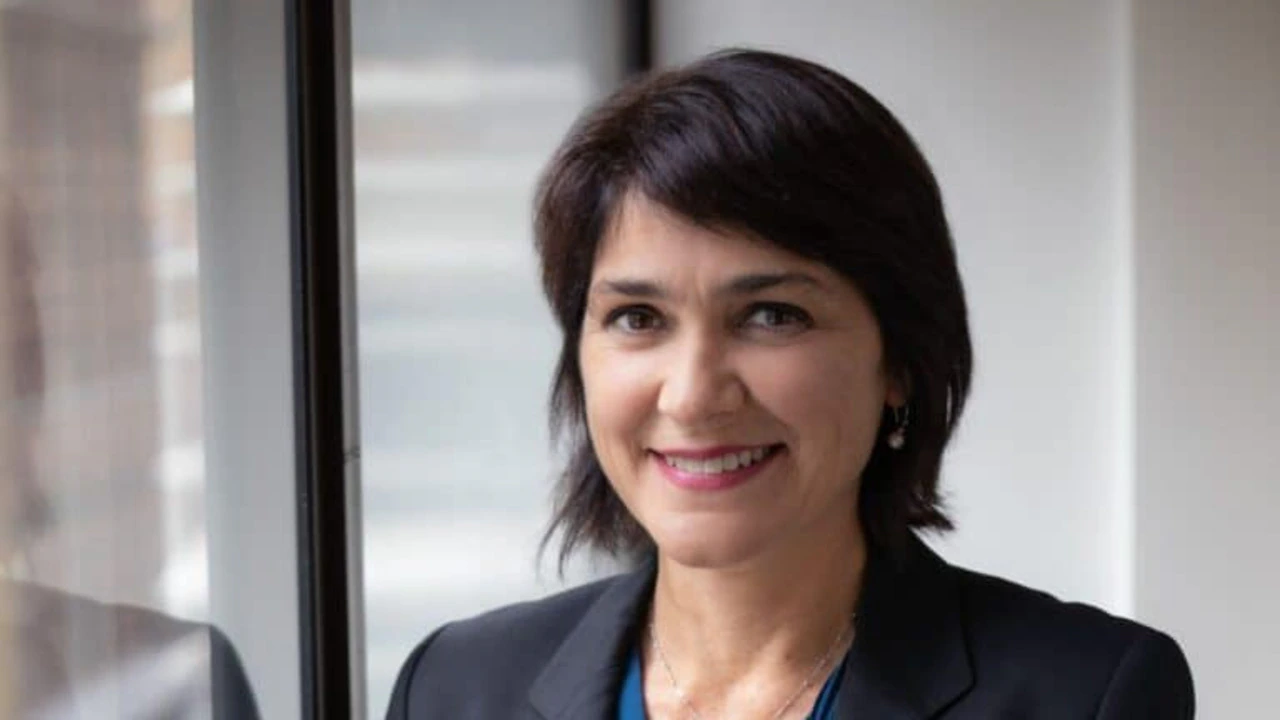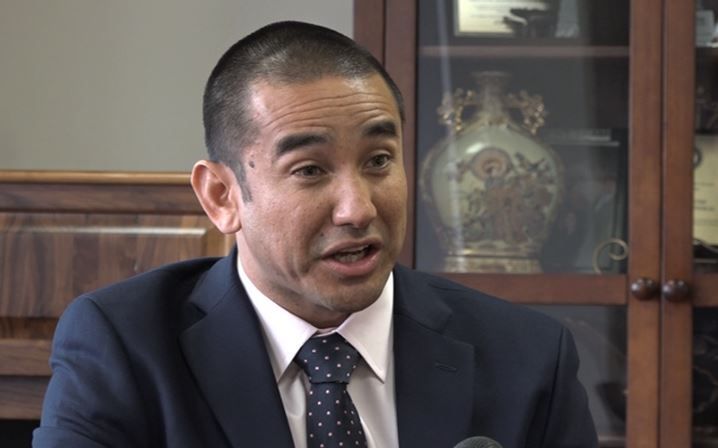By Thomas Henry
Copyright news

Addressing the National Press Club on Wednesday, Ana Cody plans to call upon governments, businesses and families to build upon the last 50 years of “real progress”.
“One of the major achievements of the #MeToo movement was the sense of power and collective voice which women gained through speaking out,” she will say.
“NDAs stifle this. That is why our report calls for an overhaul to the use of NDAs in
workplace sexual harassment cases, banning them.”
Dr Cody, who previously served as the Dean of Law at Western Sydney University, focused her speech on the gender pay gap, shared parental care, sexual harassment and domestic violence.
She will argue the “undervaluation” of the skills of health, age and disability support workers is “gendered” suggesting value should be placed on “collective contributions as a team” rather than a focus on the individual.
“The challenge is clear: to expand our concept of merit to reflect the full diversity of talent in our communities,” she will say
Diversity, which remains a key theme throughout the address, she will argue helps provide “a strong framework for how we engage with systems issues around privilege and power”.
The commissioner will also call on governments to provide “ongoing funding for consistent and inclusive education that’s based on evidence, covering relationships, consent and sexual and reproductive health” and a national prevalence survey on workplace sexual harassment.
Dr Cody will also point to the Emmy-winning Netflix show Adolescence, which she says “started conversations on how negative attitudes and beliefs around gender can be absorbed online and in real life”.
“Strict ideas of masculinity and femininity limit opportunities for everyone. They shape how we think we are expected to behave, what roles we’re allowed to take on, and how freely we can express who we are,” she will say.
She will also briefly tackle the issue of trans people saying their identities should be affirmed in order to “reduce the risk of them being treated unfairly”.
It follows her strong rebuke of a UK Supreme Court ruling on the legal definition of a woman, suggesting “gender diverse people should be safe, respected and legally recognised”.



